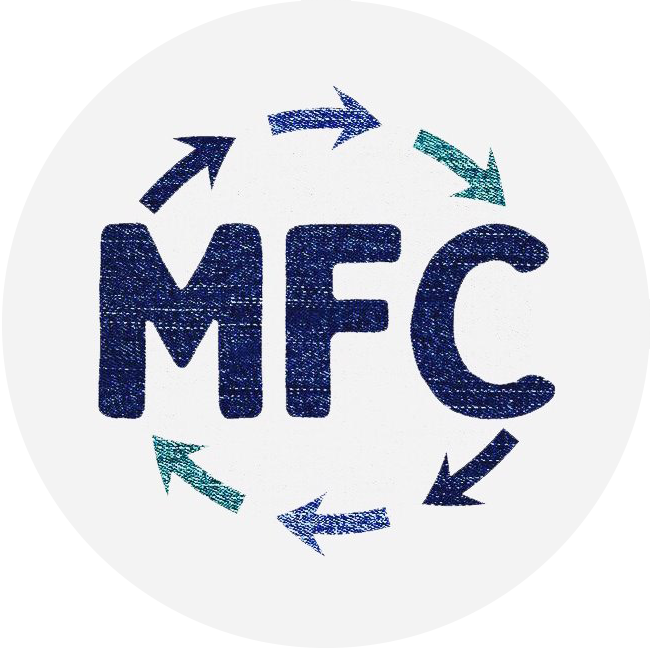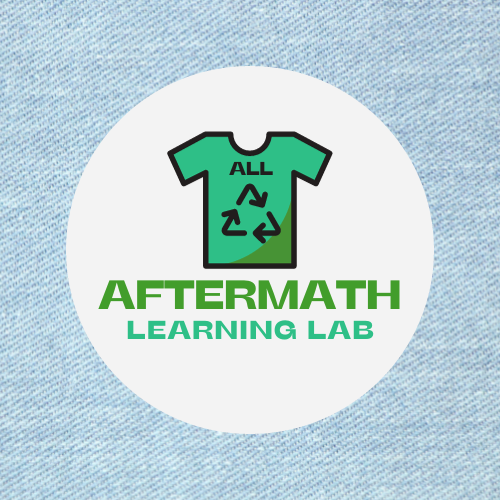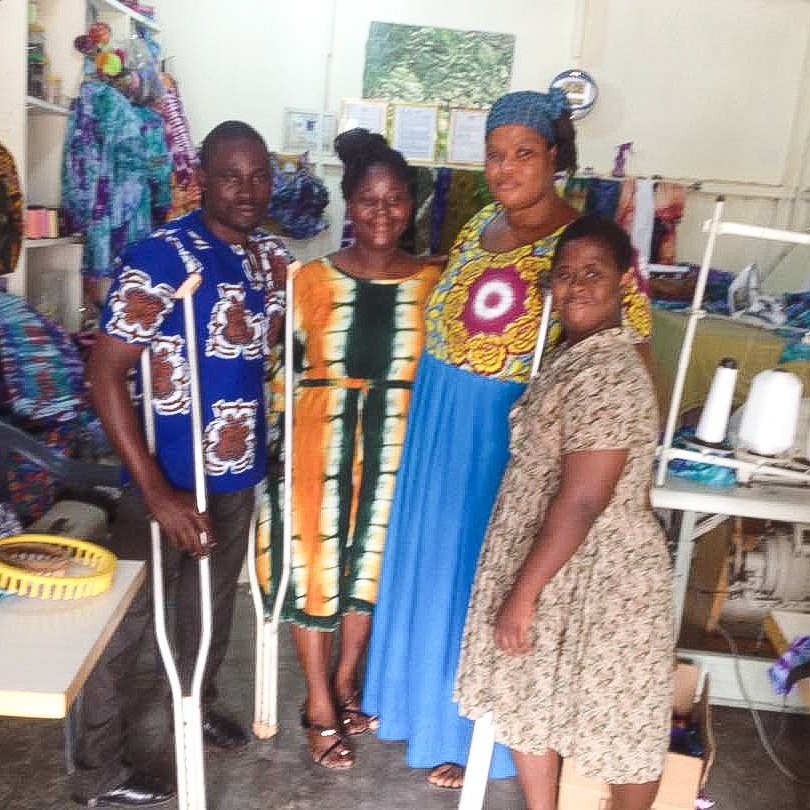As an organization, we believe it is our responsibility to unequivocally say that Black Lives Matter and condemn anti-Blackness. We are committed to doing our part to be an actively anti-racist organization. We believe this involves naming systems of white supremacy where we see them and working to dismantle them. MFC team members are engaged in this work both in and outside the project.
MFC recognizes that our work exists within a historical context of settler colonialism, chattel slavery, and other forms of human and environmental exploitation enacted by people in the U.S., Britain, and elsewhere in the Global North on people in Ghana and many other locations in Africa and the Global South. Furthermore, we recognize MFC Tie-Dye Inc. is registered on unceded land of the Dakota people stolen through settler-colonialism.
We also recognize that through global development, actors in the Global North have sought to maintain unequal power structures through neocolonial policies and practices. These are all systems of white supremacy. “The essence of neo-colonialism is that the State which is subject to it is, in theory, independent and has all the outward trappings of international sovereignty. In reality its economic system and thus its political policy is directed from outside.” - Kwame Nkrumah
The economic system of Ghana is partially dependent on aid loans and agricultural exports, both of which can be used as a means for political and economic control. This contributes to global inequality.
Many cross-cultural projects based in the United States continue to frame their work through a “white savior” lens, suggesting that the role of actors in the U.S. — particularly white actors — is to fix challenges in Ghana. We name this framing as a lie. In reality, social justice issues that exist in Ghana are more often than not related to colonialism and systems of white supremacy.
MFC takes its role seriously in educating people in the United States in particular about the ways we contribute to social and environmental issues in Ghana through historical and present-day systems such as waste colonialism.
We are also committed to working with our partner in Ghana in ways that affirm the reality that artisans in Ghana know their own lives, communities, and needs best and which prioritize local leadership and ownership over the solutions artisans develop to social and environmental challenges. Where we fall short, we are committed to learning, improving our work and communications, and continuing to grow. We believe that our project has grown substantially and in important ways since its founding and seek for our upcycling partnership to continue to become a healthier and more equitable form of collaboration.
On a global scale, fast fashion has created an unjust reality where CEOs earn millions and garment workers — especially those who are Black, Brown, and/or Indigenous — earn only a small fraction of the value they create. MFC is committed to working with MFI Foundation to create living wages for and with artisans. MFC also advocates for alternatives to fast fashion - including clothing reuse, upcycling, and other ethical fashion projects.
In Ghana, gendered systems also result in large numbers of women working in the informal sector. This can positively affect women’s autonomy. At the same time, this can be driven by neocolonial economic realities. Seeking to understand this cultural context, we partner with women at the MFI Foundation, listening to their needs and leadership. MFI Foundation works closely with women with disabilities, who are disproportionately affected by educational and employment inequities. MFC was founded by American women and non-binary people. Since the beginning, the team has included trans and disabled leaders. The MFC team and the MFI team together form a unique coalition dedicated to achieving gender and other types of equity in distinct and related areas.






